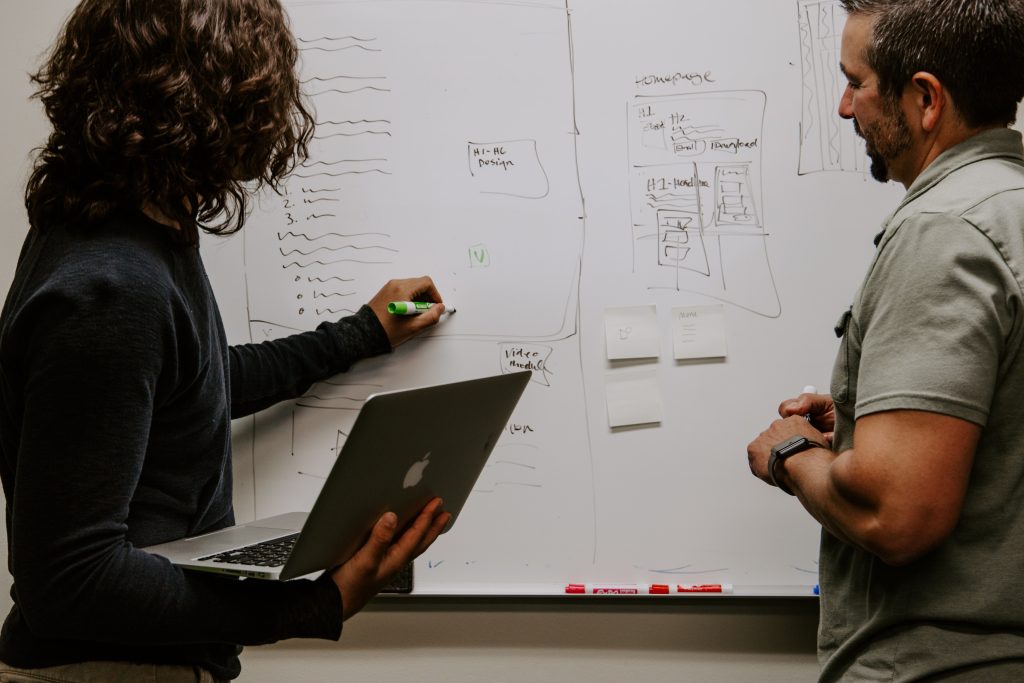
Governance Team Development
Teams can be more than the sum of their parts
The Challenge
In every family enterprise, a variety of formal and informal leadership teams emerge naturally over time — some more focused on operational priorities while others are tasked with strategic oversight or fostering family unity. In order to perform effectively, these teams — Owners Councils, Boards of Directors, Family Councils, and Executive Committees — each require a unique set of leadership skills as well as the capacity to collaborate as a group.
However, many families take for granted how their governance teams function and under-invest in their development. A clear sign this may be happening is when interpersonal and family dynamics begin to manifest within teams in unconstructive ways. Consequently, collaboration is stifled, and governing teams become less effective, leading to poor decision-making.
Our Solution
In our experience, no governance team is immune.
Through decades of research and experience, LGA’s advisors have identified four factors necessary to engage family enterprise leaders and make your governance teams more effective:
- Motivation: Are your leaders intrinsically motivated by their purpose and aware of their developmental potential?
- Contribution: Can your leaders fully and authentically express their contribution to governance, fully realizing their strengths?
- Cohesion: Are your governance teams defined by a collective trust based on common values and empathic communication?
- Performance: Do you have a clear vision of your team’s objectives and goals complemented by an established performance evaluation and monitoring system?
How does it work?
Your LGA advisors will help you strengthen the collaborative capacity of your leadership teams by performing a series of diagnostic assessments to determine what defines and limits your work together. Based on the results of these assessments, your advisor will provide individual and group feedback to the team and recommend a customized action plan to help create or strengthen their Culture of Collaboration and Culture of Accomplishment.
How does it benefit your family?
Armed with this data, your governance teams will emerge with the self-awareness, insights, and tools needed to collaborate effectively in support of your broader family enterprise continuity, as well as an objective baseline to assess improvements in their performance over time.

Case Studies

Case Study: Launching a Family Office
The second-generation CEO of a large family enterprise was approached by a strategic investor who made a generous and unsolicited offer for their legacy operating business. The CEO had previously never explored a sale — both because of her strong emotional connection to the company and its employees — two of whom were her kids — and because of its attractive cash flow and growth profile.
Case Study: Sustaining Engagement in a Cousins Consortium
Three third-generation Family Directors of a large enterprising family were attending a global conference focused on innovation and growth. Their 90-year old family had deep pride and gratitude for the success and leadership of previous generations. However, there were no family members currently working actively in the business, and the family’s only connection to their vast operations — which spanned eight industries and three continents — was limited to these three members of the Board.
Related Insights
How can coaching and mentoring be leveraged to develop family leaders?
Sharon Duguid and Wendy Ulaszek discuss the benefits, techniques and challenges of coaching family businesses.
Reality Bites: How can simulations support family business continuity?
Chris Robichaud and Devin DeCiantis talk about how simulations can support continuity.

Educating family business owners
We conceptualize two interrelated approaches to education: a deductive or “outside-in” approach.
Demographics and Family Governance: The Vanishing Middle
Many family businesses have a problem with recruitment into governance roles, and the family labor pool is a critical issue.

The dilemma of the mature family council
Over the past three decades, many business families have formed a Council. The oldest Councils have started asking “What do we do now?”

Mentoring the next generation
The next generation of mentors – parents, uncles, aunts, grandparents, senior business leaders and advisors – play an important role in guiding the next generation of family members.
Featured advisors

Neus Feliu
Neus has 20 years of expertise in corporate and family business governance specializing in large Latin American and European.

Ivan Lansberg
Ivan is a Founding Partner and consults with complex family businesses in the USA, Canada, Asia, Europe and Latin America.

Francisco Valera
Francisco specializes in research and consulting for complex family enterprises. His duties included doing economic analysis and family business education.

Nate Hamilton
Nathan is an accomplished executive with wide-ranging experience across a variety of private and not-for-profit organizations.

Sarah Cox
Sarah provides consultation to multi-generation family businesses regarding governance, shareholder development, and leadership development.

Mika Mazor
Mika advises family businesses on intergenerational transfer, strategy formulation, corporate governance, human capital development, and navigating complex changes

